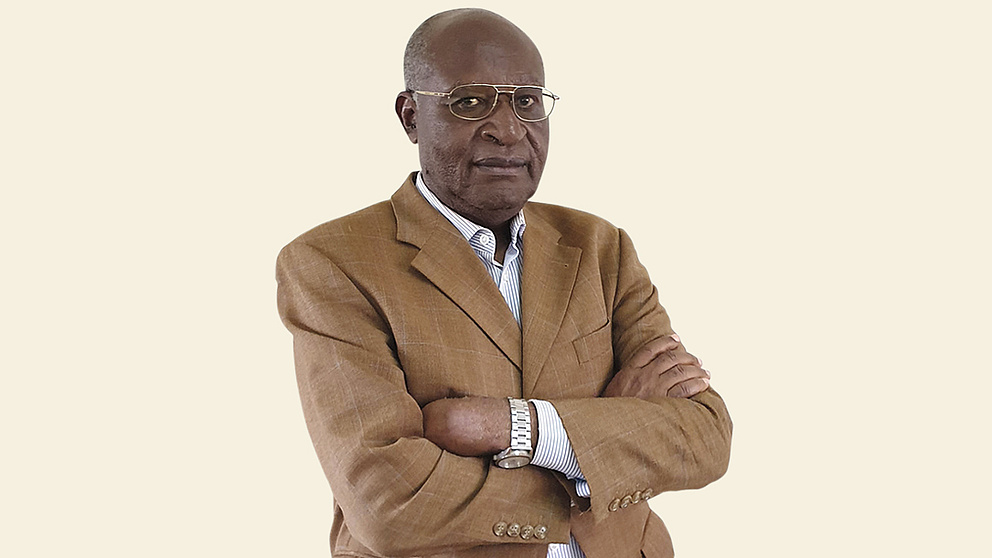Jump to the content
- {{#headlines}}
- {{title}} {{/headlines}}

The Germanist Professor Dr David Simo is an emeritus professor of German Studies at the Université de Yaoundé 1, Cameroon. In 2008, he received the Reimar Lüst Award, granted by the Humboldt Foundation and the Fritz Thyssen Foundation.

As with any new paradigm, the terms “postcolonialism”, “postcolonial criticism” or “postcolonial approach” garner strong reactions: enthusiastic, productive acceptance, arrogant disregard, but also annoyance that can escalate into angry rejection. These very reactions are, however, proof that new epistemological perspectives are being opened up here that collide with powerful knowledge systems and self-evident beliefs. Quite a few people in Europe experience the postcolonial approach as a provocative attempt to impose insights and theories that have arisen outside of traditional European thinking. Admittedly, some of these traditions – such as Nietzsche’s idea of a critical approach to history or Foucault’s genealogy of knowledge – were initially adopted and developed by intellectuals at the “edge” of the globalised world. They adopted these ideas to express their unease about the role allotted to them in this globalised world. At the same time, they developed theories of their own – local narratives. Philosophers and writers describe the world as the product of power dispositives, power relations and historical actions.
We now know more about the perception and evaluation of people and cultures, the role of power in shaping social relationships and the circulation of goods and people. At the same time, we have learned a lot about the ideas, emotions and phantasies that are inherent in these processes. The insights we have gained also have implications for demands and actions in civil society and the politics of memory or are accompanied by them. In Germany, as in many other countries, a knowledge community is now consequently emerging that will be able to achieve a great deal regarding geopolitical issues and the production of knowledge about living together in today’s world, both at local and at planetary level.
